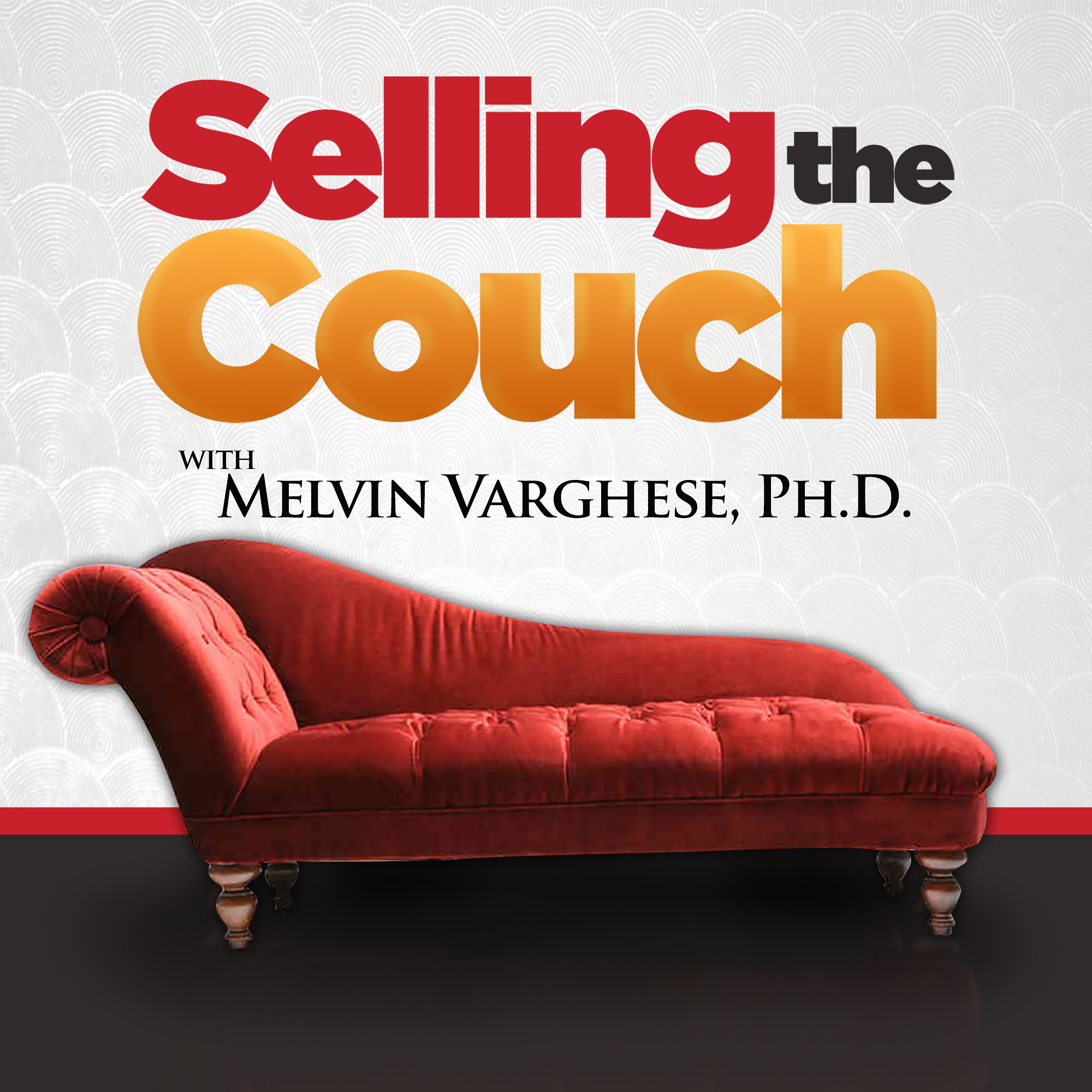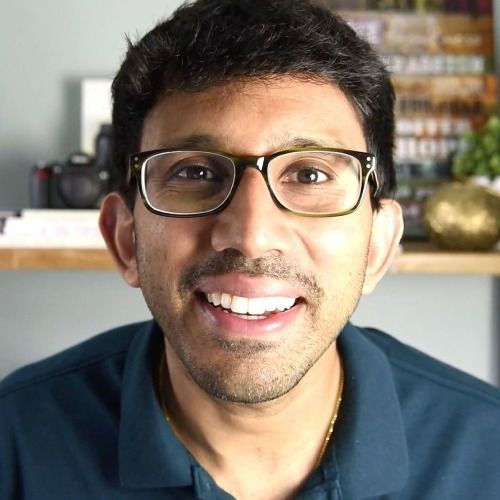full
313: The 10 Biggest Mistakes I Made As An Online Course Creator
These past few years, I’ve been focused on building a life around my family and self-care rather than fitting those things around a career. I’ve learned that there is much wisdom in slowing down and not keeping up a crazy pace. One thing that has helped me accomplish these goals is creating an online course. Even though I’m super grateful and blown away by the success of the Healthcaster’s course, I made a lot of mistakes along the way. Join me as I share my insights and lessons learned.
You’ll Learn:
- The 10 biggest mistakes I made as an online course creator:
- 1–I didn’t understand how my childhood trauma affected my course pricing.
- Check out these resources: “The Psychological Price of Entrepreneurship” (Inc Magazine), We Should All Be Millionaires by Rachel Rodgers, and courses by Tiffany McLain.
- 2–I gave my students lifetime access to coaching and community.
- This caused me to feel resentment for not charging more for that kind of access to me.
- 3–I focused too much on gear instead of creating a steady marketing system.
- I have learned that marketing, which is not my strength, is all about authenticity and connection.
- 4–I focused on being in the “middle of the pack” on pricing instead of in the upper tier.
- Ask yourself, “Do you want to be the Apple or the Walmart in your niche?”
- 5–I didn’t realize that I could invite students into other experiences beyond my course.
- Options include a mastermind, cohort-based course, and other recurring income buckets.
- 6–I realized that looking at my bank account doesn’t drive sales as testimonials do.
- Follow me on Twitter for more information on this topic.
- 7–I thought I’d be stuck on one business model, so I built a “strip mall model.”
- I didn’t realize that offering several products requires a lot of work, so I’m moving to a “skyscraper model.” Find out more at www.sellingthecouch.com/mastermind.
- 8–I thought having a mentor with a similar course meant that I couldn’t create one.
- When someone else has a similar course, you can niche down into a more specific message.
- 9–I was too concerned about the sale over the relationship.
- This came from a poverty mindset instead of the abundance mindset to which I aspire.
- 10–I didn’t think about the one-off sale on the front end and the recurring invitation on the back.
- A certain number of students will want a more in-depth experience with us.
Mentioned in this episode:
Try Alma!
Building and managing the practice you truly want can feel overwhelming. That’s why Alma is here—to help you create not just any practice, but your private practice. With Alma, you’ll get the tools and resources you need to navigate insurance with ease, connect with referrals that are the right fit for your style, and streamline those time-consuming administrative tasks. That means less time buried in the details and more time focused on delivering exceptional care to your clients. You support your clients. Alma supports you. Learn more at sellingthecouch.com/alma and get 2 months FREE—an exclusive offer for STC listeners.


